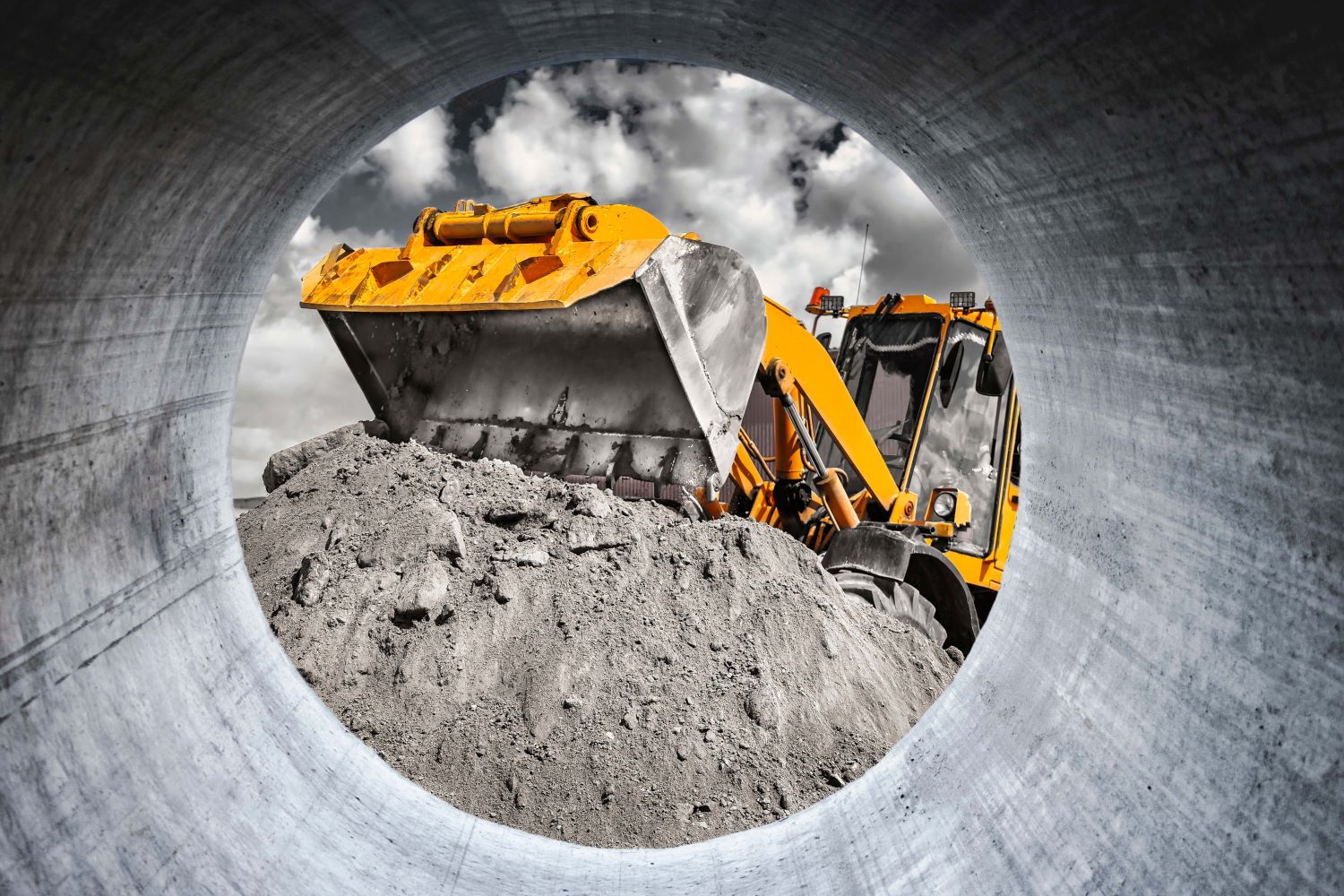The rise of the construction equipment rental market
At the heart of our construction industry lies a crucial component – the plant and equipment needed to make things happen. But how construction companies acquire this equipment is undergoing a significant shift – a growing move away from outright purchase towards equipment rental – and it’s a trend which is showing no sign of slowing down writes John Ridgeway.
The construction equipment rental market has experienced a remarkable rise in recent years. According to IMARC Group, a leading market research company, the global construction equipment rental market size reached a staggering US$116.5 billion in 2023. Looking ahead, the market is projected to reach US$188.2 billion by 2032, exhibiting a compound annual growth rate (CAGR) of 5.3%. This significant growth points towards a fundamental change in how construction companies approach equipment acquisition.
Why the shift?
The increasing cost of new equipment is a contributory factor. Raw material prices, technology integration and stricter regulatory compliance are driving the cost of new construction equipment to unprecedented levels. This makes purchasing new equipment a less viable option for many companies, especially small and medium-sized firms with tighter budgets.
Companies can access a wide range of modern and well-maintained equipment without the substantial upfront investment. Additionally, renting eliminates the long-term financial burdens associated with owning equipment, such as depreciation and maintenance costs. It allows for greater financial flexibility, as companies only pay for the equipment they need for the duration of the project.
Embracing green construction practices is another factor. The construction industry is increasingly focused on environmentally friendly practices and this includes utilising equipment that complies with stricter emission standards to minimise environmental impact. Rental companies are adapting to this trend by offering fleets that meet these stringent environmental requirements.
For construction companies committed to sustainability, renting offers a practical solution. Rental companies are more likely to maintain a fleet with the latest energy-efficient technology, reducing the environmental footprint of construction projects. This trend aligns with the industry's overall shift towards greener practices and promotes responsible resource consumption.

Equally as important is the focus on cost management and project flexibility. The construction industry is inherently dynamic. Projects vary significantly in scope, location, and duration. This volatility requires a high degree of flexibility in terms of equipment availability.
This means that rental allows construction companies to adapt to project demands quickly without the commitment of ownership. It facilitates efficient cost management by enabling companies to rent equipment only when needed. This avoids the economic burden of owning equipment that may be idle for extended periods. Furthermore, renting allows companies to use specialised equipment for specific tasks without the significant investment associated with purchasing it. This flexibility is crucial in an industry where project details can evolve rapidly.
However, while cost-effectiveness is a major driver of the rental trend, several other advantages make hiring an attractive option, particularly having access to a wider range of equipment.
Rental companies maintain diverse fleets encompassing all kinds of equipment types and capacities. This allows construction firms to access specialised equipment they may not need frequently or would not normally justify in purchasing due to project specificity.
Owning equipment also necessitates dedicated storage space and regular maintenance. Renting eliminates these burdens, allowing construction companies to free up valuable space and avoid the ongoing costs associated with equipment upkeep.
And because rental companies ensure their equipment is well-maintained and serviced regularly. This helps to minimise downtime on projects and ensures that equipment performs at its peak capacity.
Technology in the construction industry is, of course, constantly evolving. Renting allows companies to access the latest equipment models without the risk of owning outdated machinery as this technology advances.
Equipment ownership can also lead to unforeseen risks and liabilities, particularly regarding breakdowns, accidents, or operator errors. Rental agreements typically transfer these risks to the rental company, offering an additional layer of protection for construction firms.
The rise of specialisation
As the rental market expands, specialisation is becoming a key trend. Rental companies are focusing on specific equipment categories or catering to niche markets within the construction industry. For example, some companies specialise in heavy machinery rentals for large-scale infrastructure projects, while others may focus on providing smaller tools and equipment for renovation projects.
This specialisation allows rental companies to develop deep expertise in specific equipment types and cater to the unique needs of their clientele. This trend also benefits construction companies by offering them access to specialised equipment expertise while ensuring they receive the most suitable plant for their projects.
The history of equipment rental
While the recent surge is significant, construction equipment rental has existed for decades. The exact origin is unclear, but references to equipment rental companies can be found in historical records dating back to the early 20th century, primarily catering to smaller construction firms and homeowners.
However, the 1970s marked a turning point. The oil crisis and subsequent economic downturn forced construction companies to re-evaluate their spending. Owning equipment became less attractive, and the concept of renting equipment gained traction as a cost-effective alternative, but what about the future?
As we have already discussed, the construction equipment rental market is poised for continued growth, driven by the factors discussed above. Advancements in technology will likely play a significant role in this growth. For instance, the rise of the Internet of Things (IoT) and connected equipment will allow rental companies to offer more efficient and data-driven rental solutions. Additionally, the increasing adoption of telematics technology will provide valuable insights into equipment usage and maintenance needs.
So, as technology continues to evolve and companies seek more efficient and cost-effective solutions, equipment rentals are poised to become the norm rather than the exception in the construction industry. This shift towards renting signifies a focus on maximising efficiency, minimising waste and adapting to a rapidly changing construction landscape = the future is very much – rental.
Additional Blogs

Are apprenticeships a real investment in skills or just cheap labour?
Spend any time in the construction sector and you’ll hear the same two conversations running in parallel. The first is about the skills shortage with ageing trades, retirements outpacing recruitment,...
Read moreShould governments subsidise modular construction to solve the housing crisis?
There’s something deeply uncomfortable about the way we talk about the housing crisis in Britain. We describe it as “chronic”, “systemic”, “complex”. We commission reviews. We announce targets. We...
Read more

Do BREEAM and LEED really make buildings better?
Walk into the reception of any new office block and you’ll usually see it, framed proudly behind the desk - a certificate, stating BREEAM Excellent or LEED Gold - sometimes Platinum, if the developer...
Read more